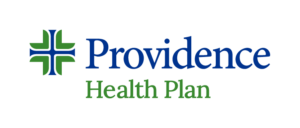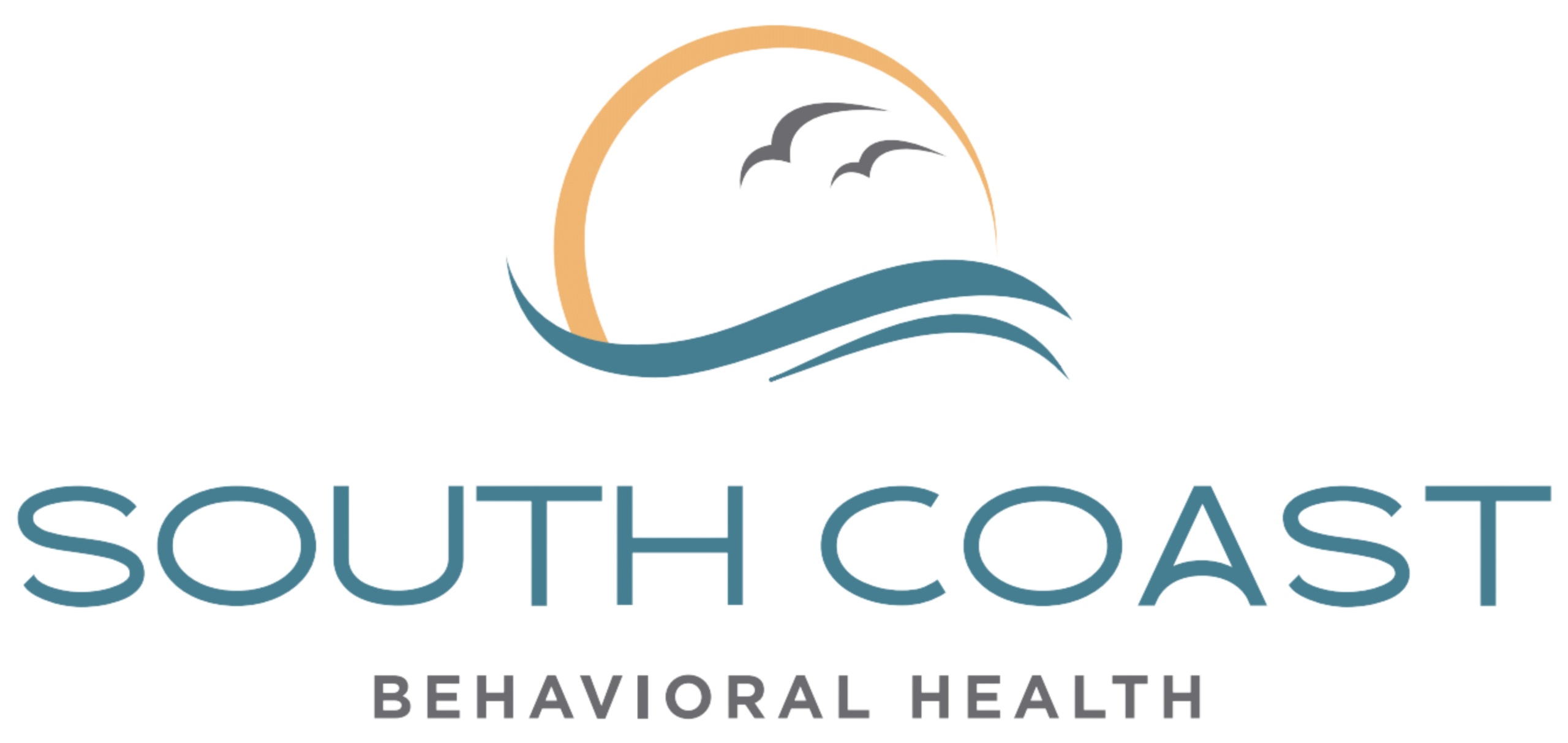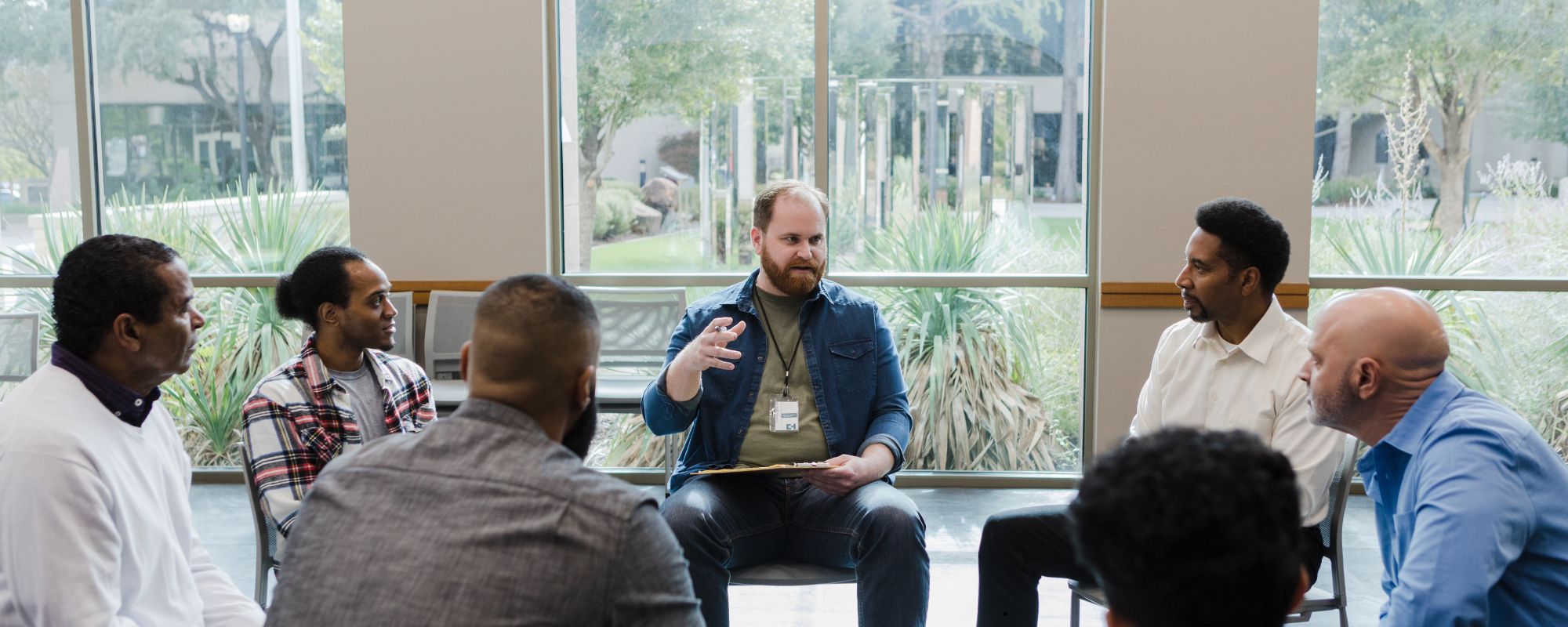Gabapentin can be a helpful medication for many different conditions. However, it can also be abused. In this article, we’ll answer the question: is gabapentin addictive?
What Is Gabapentin?
Gabapentin, often prescribed by the brand name Neurontin, is a medication commonly used in the treatment of neuropathic pain and as an adjunctive therapy for partial seizures in adults with epilepsy. It works by affecting certain chemicals in the brain that send pain signals across the nervous system.
Originally developed to treat epilepsy, gabapentin has also been found to be effective in alleviating neuropathic pain. This includes conditions like diabetic neuropathy, post-herpetic neuralgia (pain following shingles), and central neuropathic pain. It’s also been used off-label to treat drug and alcohol withdrawal seizures. Gabapentin for anxiety is also a common off-label usage of the drug.
Gabapentin has begun to be used more and more as a popular street drug. “Gabbies,” as they’re known colloquially, can be used to enhance the high from opioids. They can also be used in their own right to get high, and their effects aren’t blocked by traditional medications meant to stop people in recovery from using.
These issues have led to growing concern that gabapentin is addictive to addiction professionals and law enforcement. A 2023 report from the Department of Justice noted there were more Gabapentin-related fatalities in 2020 than there were in all of 2012-2016.
The same report noted that “…in Appalachian Kentucky, 15% of respondents reported using gabapentin specifically to “get high.” This number represented a 165% increase compared to one year prior and a 2,950% increase from 2008 respondents within the same cohort.” This suggests the drug’s street popularity is rapidly growing.
Is Gabapentin a Controlled Substance?
In some states, yes.
Gabapentin is not currently restricted under the Controlled Substances Act, which is the main law governing federal guidelines for drug availability. However, it is restricted by several states as a controlled substance.
States where gabapentin is considered a controlled substance include:
- Alabama
- Kentucky
- Michigan
- North Dakota
- Tennessee
- Virginia
- West Virginia
In these states, gabapentin is considered a Schedule V controlled substance. This is the lowest tier of severity.
In addition, a variety of other states have mandated gabapentin reporting. This means that when a gabapentin prescription is filled, it’s recorded in the state’s Prescription Drug Monitoring Program (PDMP).
States where this is the case include:
- Connecticut
- Kansas
- Massachusetts
- Indiana
- Washington D.C.
- New Jersey
- Minnesota
- Nebraska
- Ohio
- Utah
- Wyoming
- Oregon
PDMPs are there to monitor drug prescriptions. They can provide health authorities with timely information about possible emerging prescription drug addictions, allowing for a quick and targeted response.
Get confidential help from our addiction treatment specialists in Orange County. Call to join our rehab program today!
Call 866-881-1184Is Gabapentin Addictive?
Gabapentin isn’t addictive in the same sense as drugs like opioids or benzodiazepines. While gabapentin can cause physical dependence (especially with long-term use), it generally does not induce strong cravings or compulsive drug-seeking behavior typically associated with addictive substances.
However, that’s not the full story. Gabapentin can be habit-forming. It has the potential for abuse and dependence, especially when used in high doses or combination with other substances.
Because gabapentin is subject to few legal restrictions, it can be obtained and used in large quantities. The fact that it is not an opioid also contributes to a false sense of security some people have regarding the drug. As a result, gabapentin is often taken in doses far exceed the recommended amounts. This can often lead to dependence.
It’s important to note that abruptly stopping gabapentin after long-term use can lead to withdrawal symptoms, such as anxiety, insomnia, and seizures. Therefore, it’s recommended to gradually reduce the dosage under medical supervision when discontinuing gabapentin.
If you or someone you know is struggling with gabapentin abuse or dependence, seeking help from a healthcare professional is essential.
Why is Gabapentin Habit-Forming?
Gabapentin is habit-forming due to its effects on the brain and its use patterns.
Gabapentin works by affecting the way nerves communicate in the brain. It does this by binding to certain channels on nerve cells, which influences the release of neurotransmitters and reduces the excitability of neurons. This can lead to feelings of calmness, relaxation, or even euphoria in some individuals, which might encourage repeated use.
There’s also the relief the drug is meant to provide. For individuals with chronic pain or seizures, gabapentin can provide significant relief. This relief can lead to a psychological desire to continue using the medication, not necessarily for a “high,” but to maintain freedom from pain or seizures. Over time, this can evolve into a habit, where the individual feels they need the medication to function normally.
What Are the Signs and Symptoms of Gabapentin Abuse?
Recognizing the signs and symptoms of gabapentin abuse is important, especially given its increasing use and potential for misuse.
Some key signs and symptoms of gabapentin abuse include:
- Euphoria
- Improved sociability
- A marijuana-like ‘high’
- Relaxation
- Sense of calm
Other general signs and symptoms of drug abuse, which can apply to gabapentin, include:
- Increased tolerance
- Withdrawal Symptoms: Experiencing withdrawal symptoms when not taking gabapentin, which can include agitation, confusion, rapid heart rate, sweating, and, in severe cases, seizures.
- Doctor-shopping: Visiting multiple doctors or clinics to obtain more gabapentin prescriptions.
- Neglecting work, school, or family responsibilities in favor of drug use.
- Mood swings
- Physical Symptoms: Dizziness, drowsiness, uncoordinated movement, slurred speech, and memory problems.
- Social withdrawal
- Continuing to use gabapentin despite experiencing negative health, social, or legal consequences
It’s important to remember that some of these signs and symptoms can also be related to the underlying conditions for which gabapentin was prescribed, such as neuropathic pain or seizures. Therefore, a comprehensive assessment by a healthcare professional is necessary to distinguish between appropriate medical use and potential abuse.
If gabapentin abuse is suspected, it’s crucial to seek professional help. Treatment may involve a gradual tapering of the medication to avoid withdrawal symptoms, counseling, and support for any underlying health issues that may have contributed to the abuse.
Looking for quality substance abuse treatment that’s also affordable? South Coast accepts most major insurance providers. Get a free insurance benefits check now.
Check Your CoverageWhat Is Gabapentin Treatment in Orange County Like?
Gabapentin treatment in Orange County involves a gradual tapering of the dose, to avoid seizures or other harsh withdrawal symptoms. Gabapentin use can usually be gradually reduced over a week, but the specific timing will depend on your specific circumstances. Slower tapering may allow for a safer withdrawal of the medication. Experts recommend reducing the daily dose by a maximum of 300mg every four days.
After completing gabapentin detox, participating in a rehab facility is an important step toward sustaining your sobriety and preventing recurrence. Since gabapentin is often used together with other drugs, like opioids or cocaine, polysubstance abuse treatment would likely be required as well. Polysubstance abuse treatment involves a personalized approach, starting with medical detox, and then utilizing a mix of medication, therapy (like CBT and DBT), and support groups.
In recovery, you will learn the necessary life skills to maintain sobriety while also addressing the social, behavioral, and psychological challenges connected with addiction.
Effective Drug Rehab in Orange County
If you or a loved one are seeking addiction treatment, South Coast Behavioral Health is here to help. Treatment for substance abuse takes place along an entire spectrum of care. Along that entire spectrum are various behavioral therapies, support groups, and the use of medically-assisted treatment (MAT).
These levels of treatment are, in order, as follows:
Drug Detox in California
The first step in treating addiction is a medical detox. This means using drugs to manage withdrawal symptoms.
Our medical detox program in California is staffed by caring and compassionate professionals who can provide you with medications to manage your withdrawal symptoms.
At South Coast, we take pride in offering care that is closely tailored to specific issues. To that end, we offer gender-specific detox programs, with medical detox for men in Irvine, CA, and medical detox for women in Huntington Beach, CA.
After detoxing, proper treatment can begin.
Residential Treatment in California
After completing medical detox, you’ll receive inpatient treatment in Orange County California. There, you’ll receive medically-assisted treatment and dual diagnosis treatment to deal with any cravings or co-occurring mental health issues you may be battling.
We also offer residential treatment facilities in Costa Mesa, Irvine, and Huntington Beach for those who desire gender-specific treatment. There, patients get round-the-clock medical attention and monitoring while living at the institution full-time.
In addition to individual and group counseling and medication management, you’ll also have access to leisure activities and family support services.
Partial Hospitalization in California
Most clients start substance abuse treatment with South Coast in our residential treatment program. After completing that, many desire something that still provides structure and support, but with extra space and time to oneself. For that, we offer Partial Hospitalization in Newport Beach.
A step down from inpatient care but with more structure than conventional outpatient programs, partial hospitalization offers a good balance for those looking to ease back into normal life. Clients can receive care five to seven days a week for several hours each day, returning to their homes in the evening.
This way, they can recover without putting their daily lives completely on hold, receiving intense therapeutic interventions like group and individual therapy, skill development, and medication management as necessary.
Intensive Outpatient Treatment in California
For those leaving inpatient residential treatment or partial hospitalization, intensive outpatient programs (IOP) are yet another gradual step forward on the road to recovery.
With a focus on group therapy, individual counseling, and education, clients undergoing intensive outpatient treatment in Newport Beach can meet three to five days a week with each session lasting 3 hours. This level of care requires the least amount of attendance at a drug rehab facility.
Start Recovering Today in Drug Rehab
If you or a loved one are struggling with addiction but wonder how long addiction treatment takes or have other questions, call us at 866-881-1184 or contact us here. Our highly qualified staff will be happy to help give you an idea of what to expect from your addiction recovery timeline, verify your insurance, and assist with any other questions you may have.
























